No items were found matching the selected filters.
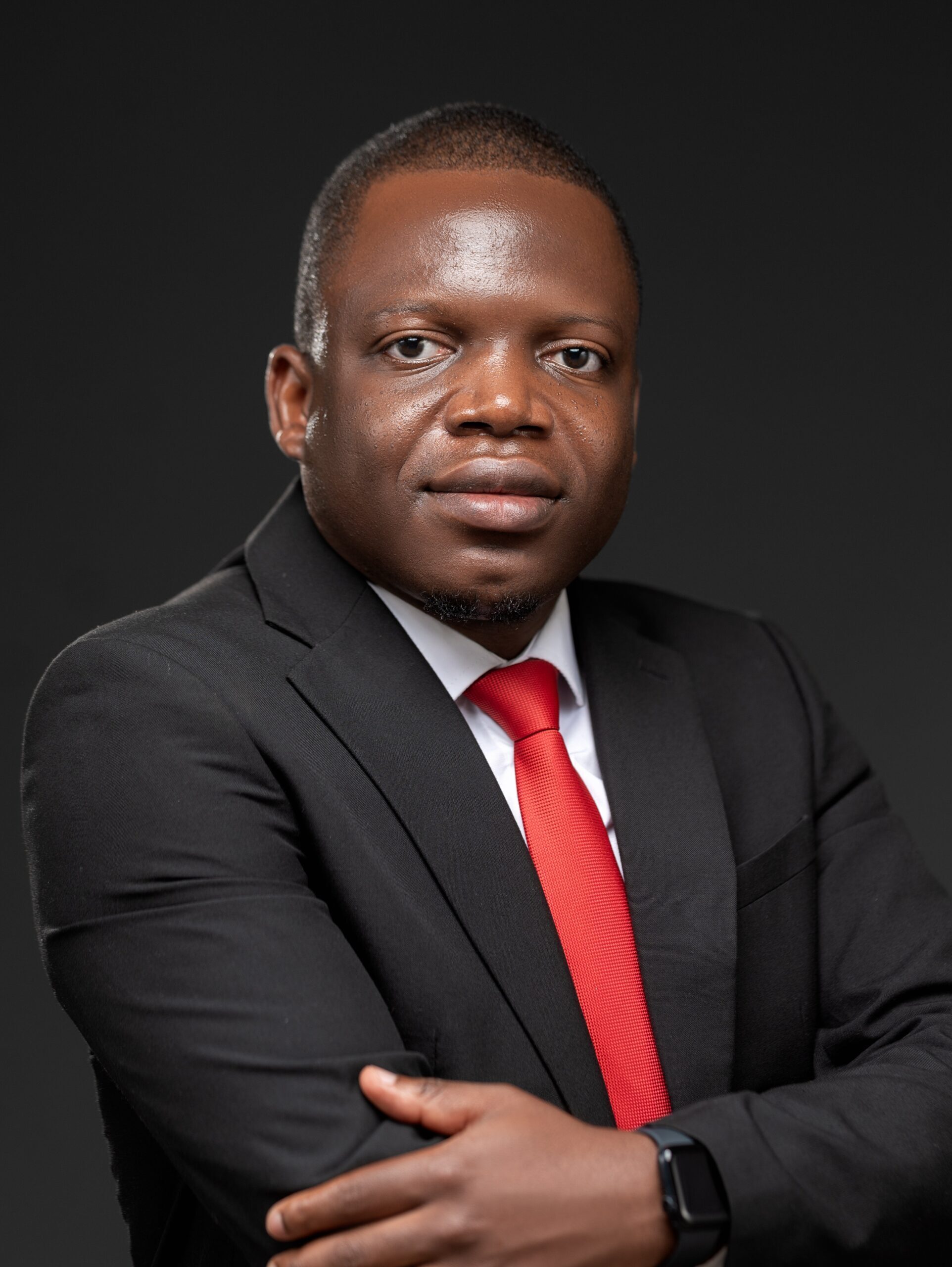
Malawi Country Coordinator
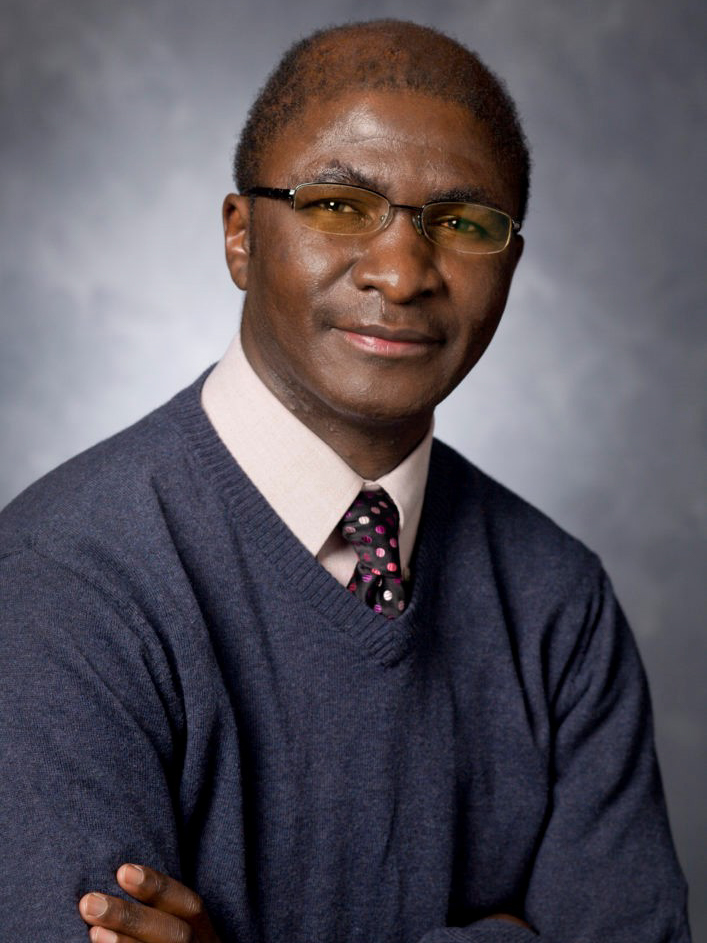
CenHTRO Director & PRIF Project Director
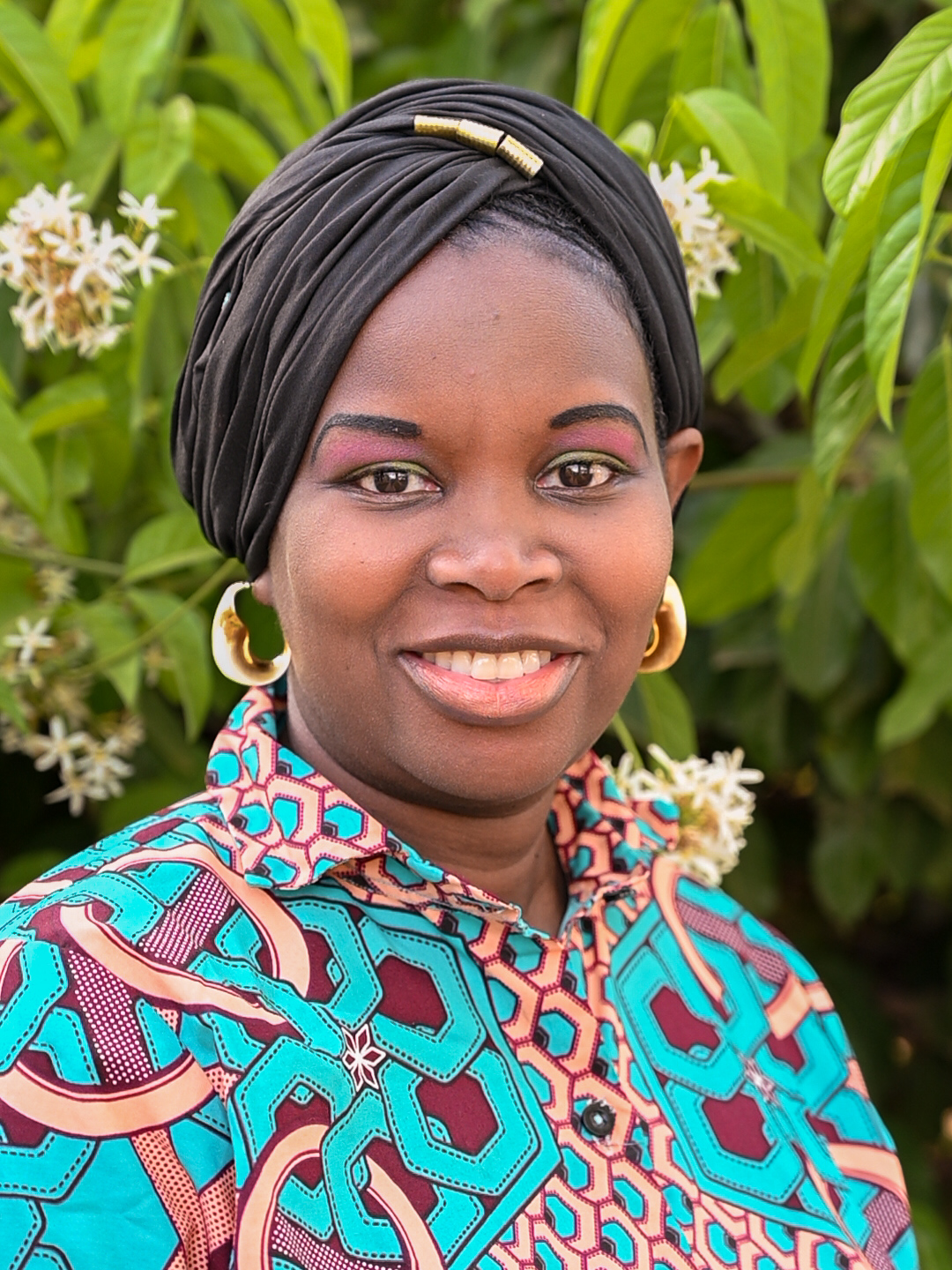
Senegal Country Coordinator
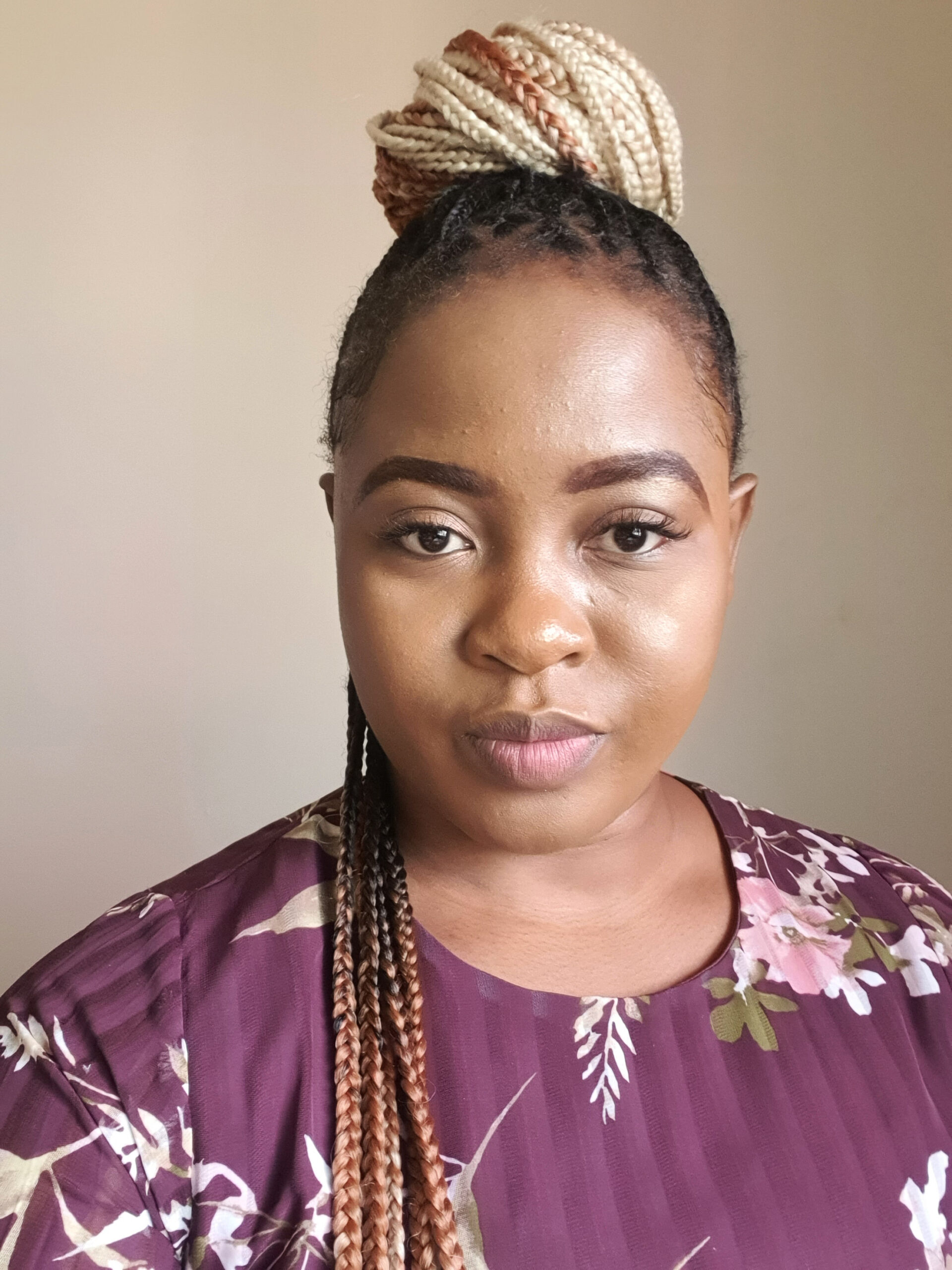
Malawi Country Coordinator
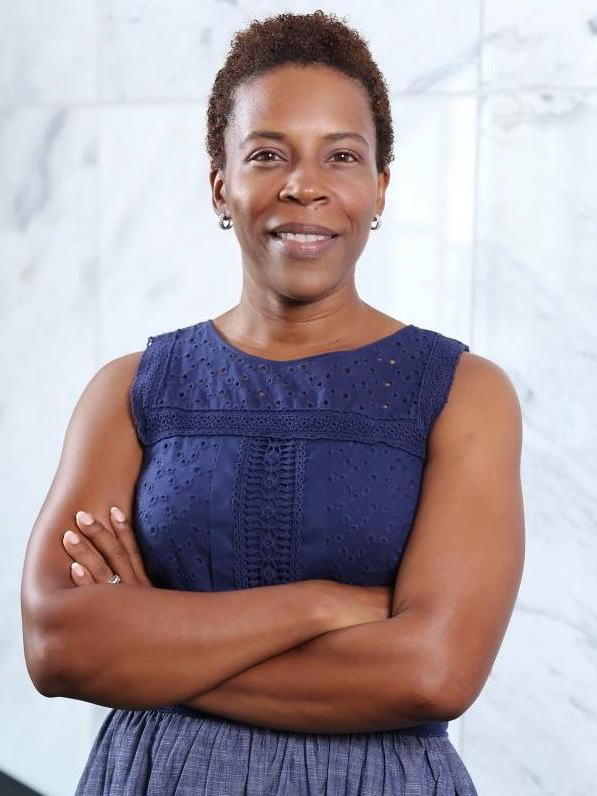
Legal and Prosecution Coordinator
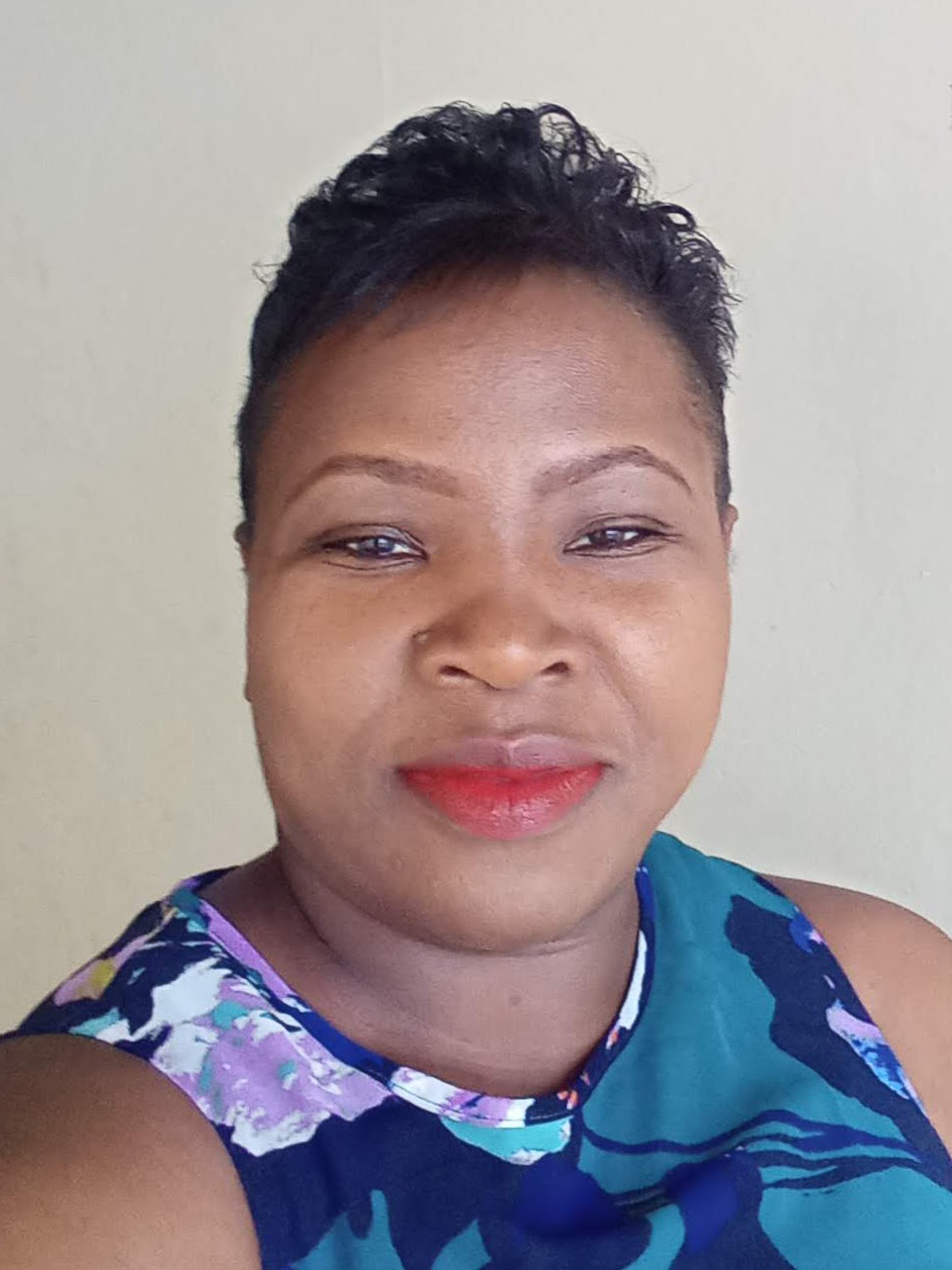
Zambia Country Coordinator
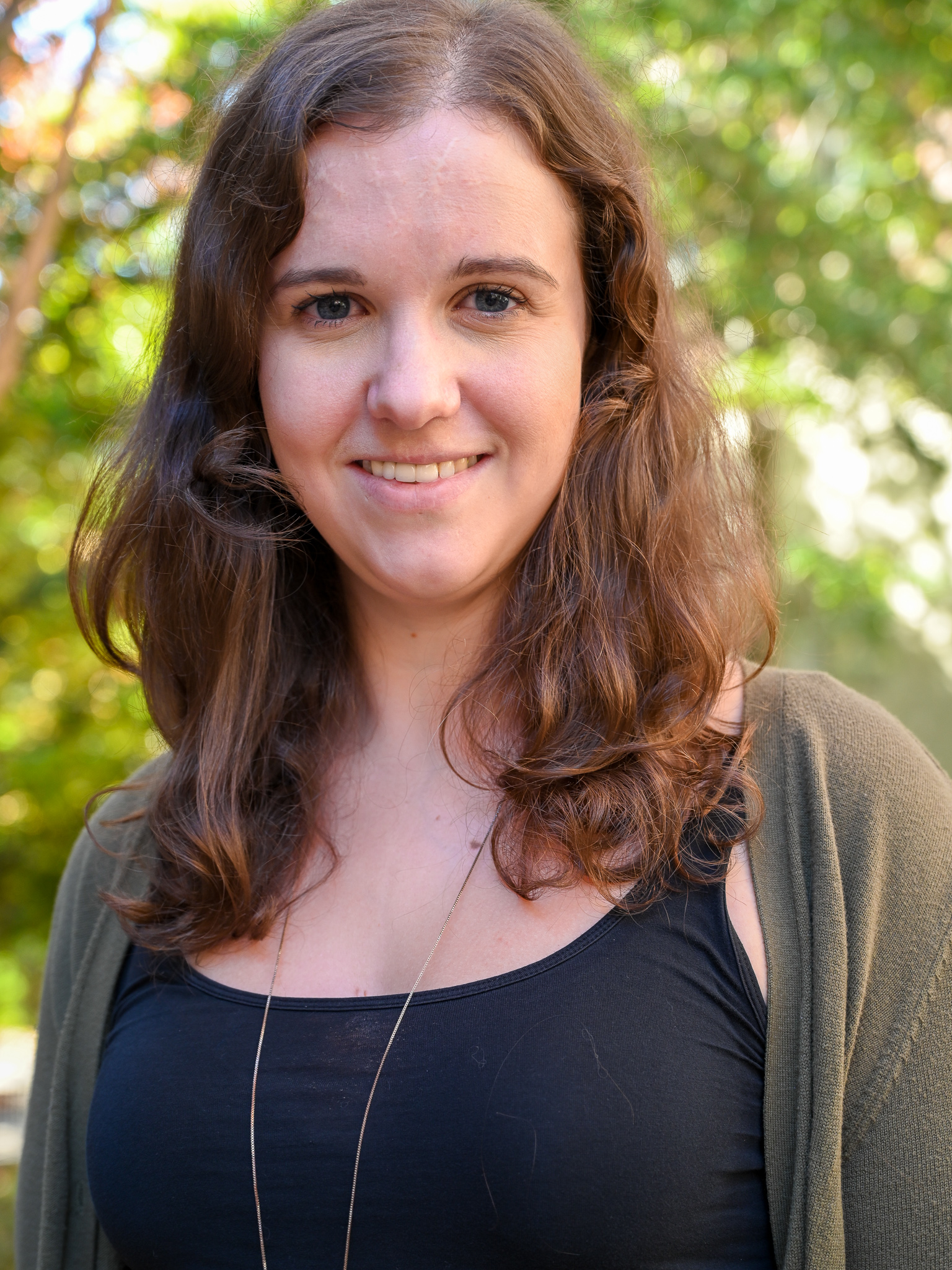
Associate Director of Programs

Assistant Research Scientist

Labor Economist and International Migration Expert
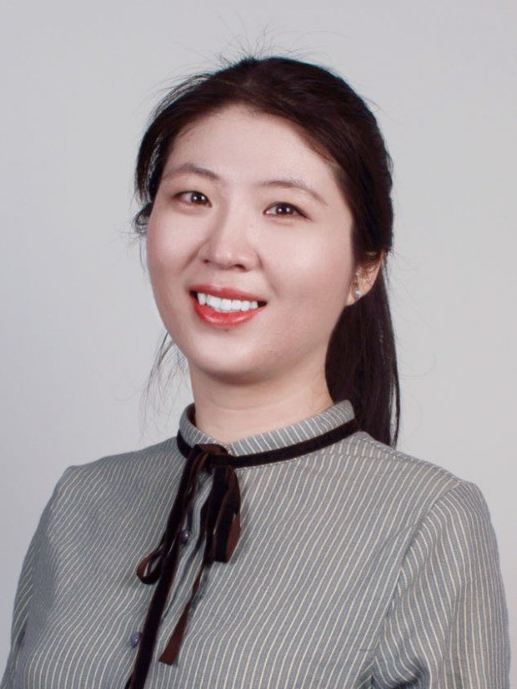
Assistant Research Scientist
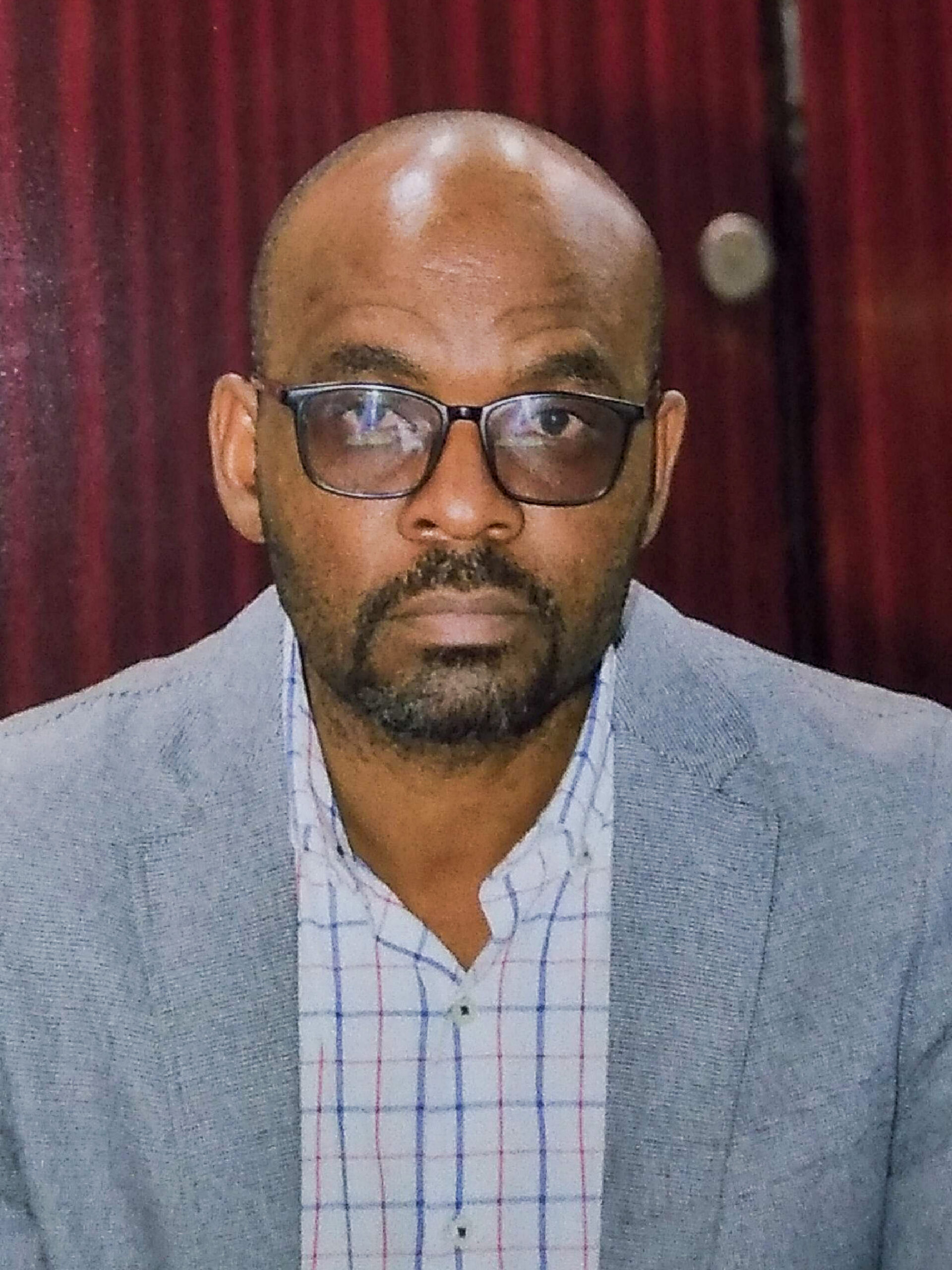
Zambia Country Coordinator
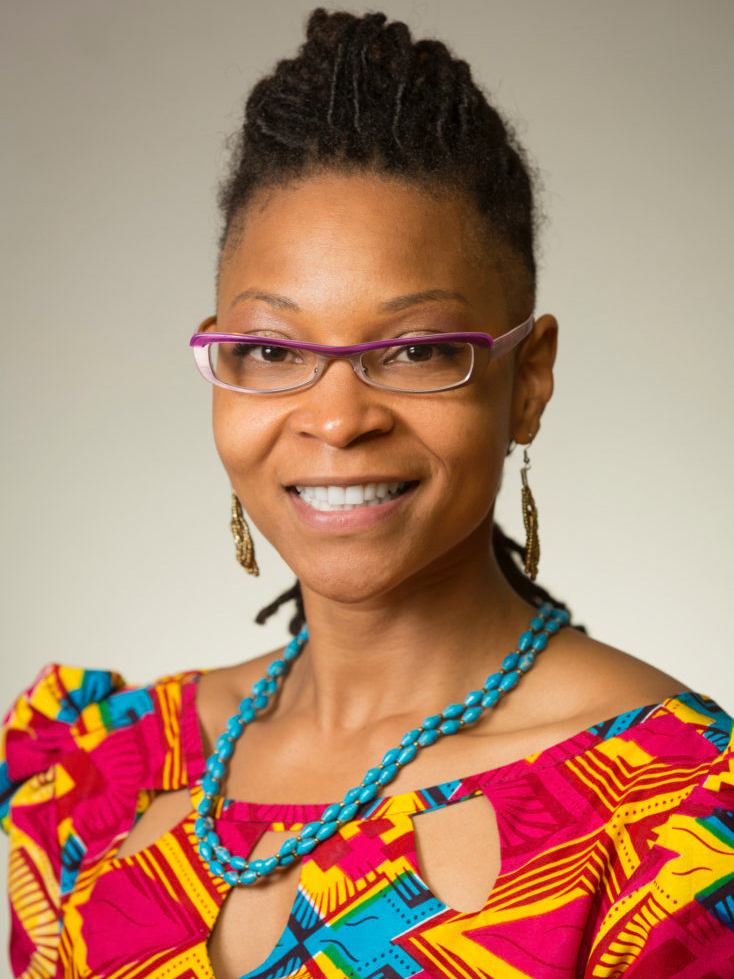
Training and Evaluation Coordinator
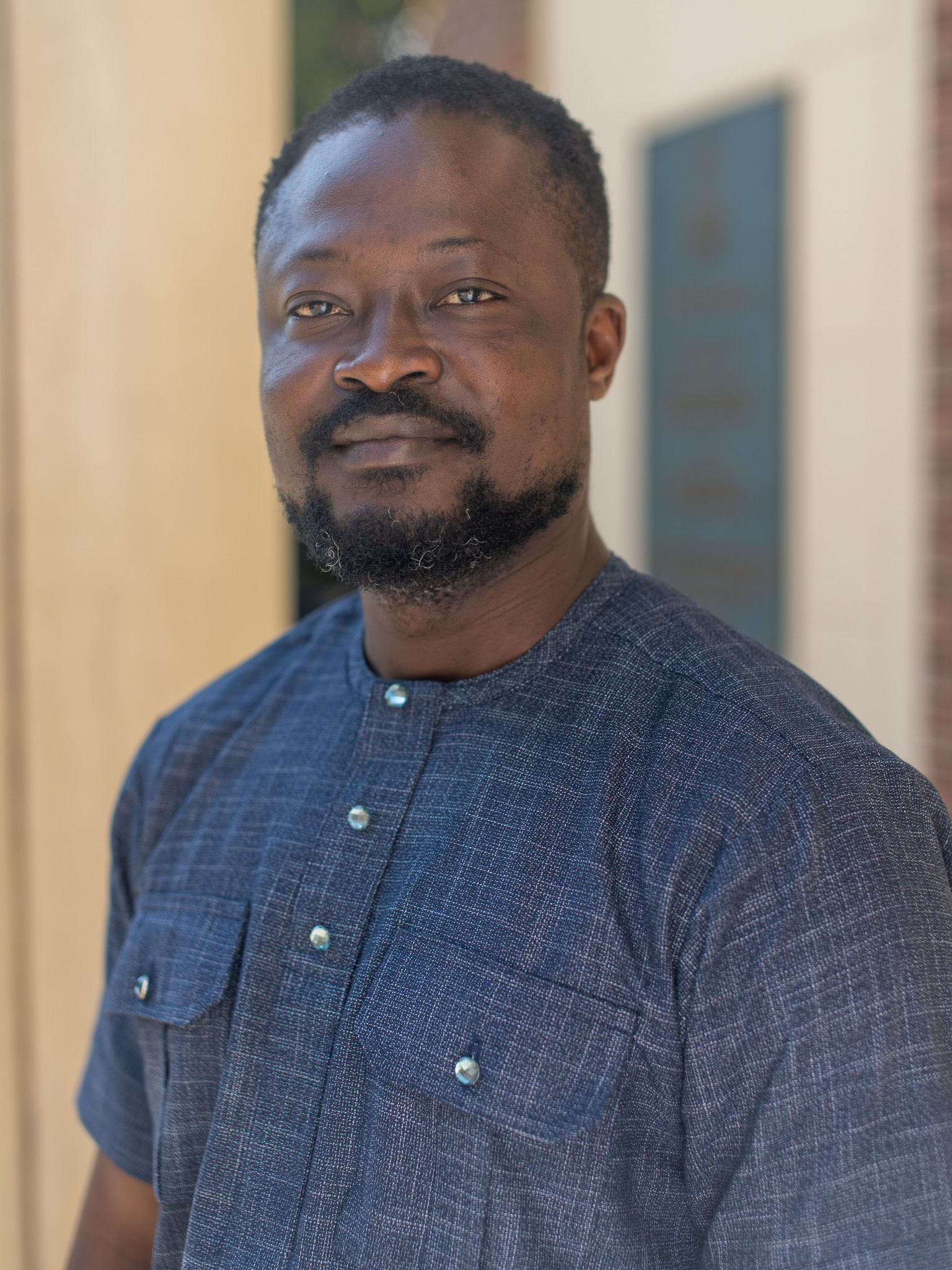
Sierra Leone Country Coordinator
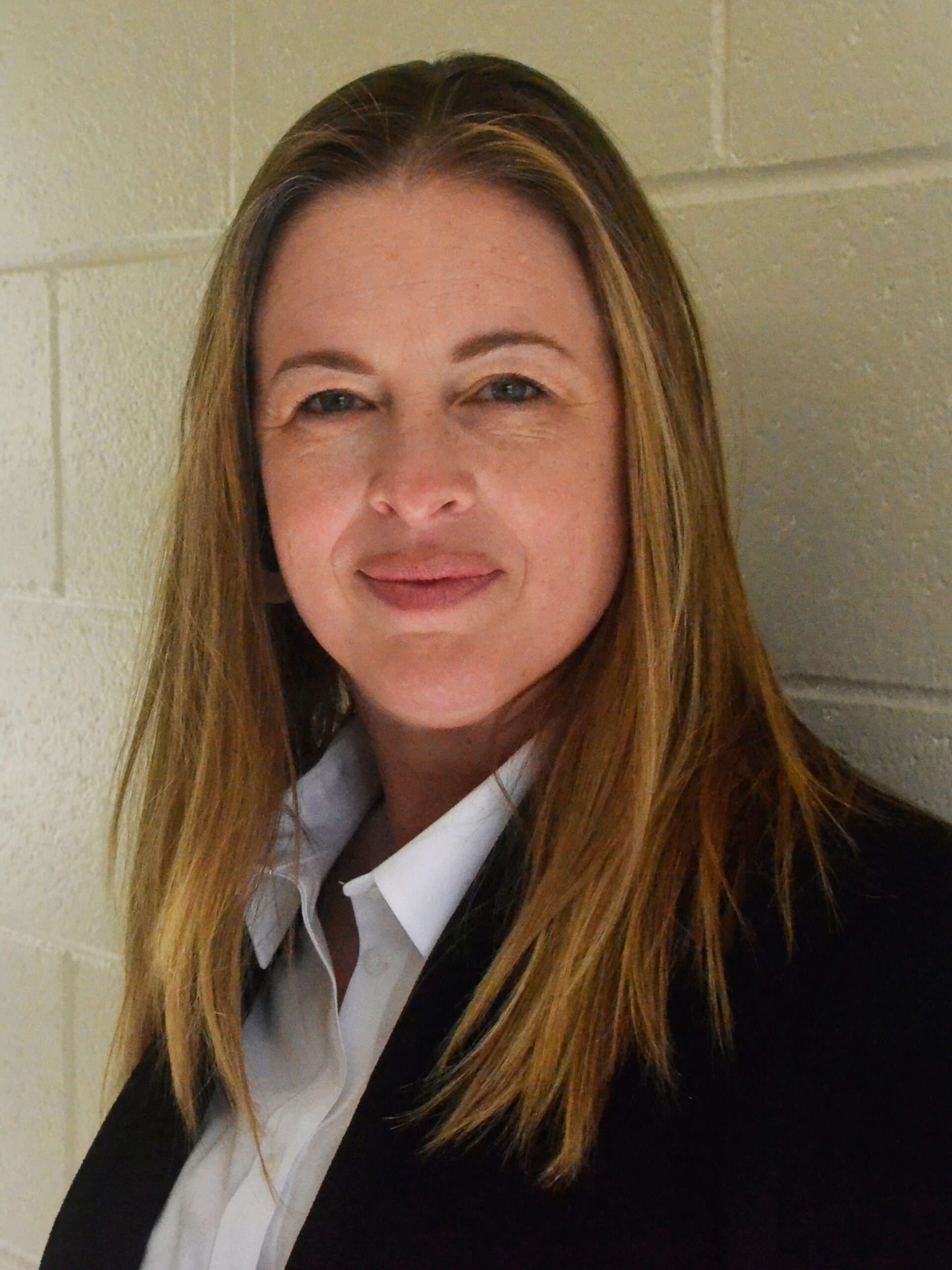
Financial Capability Expert